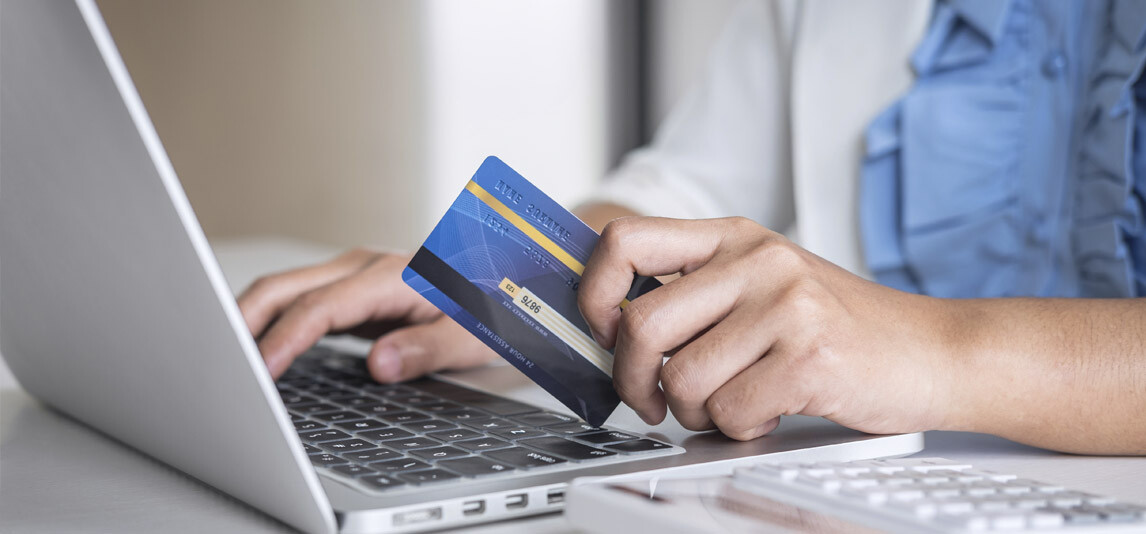Finwower is a leading advertising-supported and independent comparison service. Finwower receives a part of the revenue as compensation from all the offers that you see on the website from various companies. Depending on the compensation, you will see where and how the products appear on the website. For instance, you can look at how the order appears in the listing category. Of course, many other factors impact the appearance of the products, like the credit approval likeliness of the applicants and the rules of the proprietary website. Of course, it should also be understood that you will not find all the available credit or financial offers available today at Finwower.
All the reviews you see have been prepared by the staff of the Finwower. Yes, these opinions are received by the reviewer and have not been approved or reviewed by other advertisers. It means that all the reviews you see are unbiased and presented accurately, including the credit fees and rates. If you are looking for the latest information, it is suggested that you head over to the top of the page and visit the bank's website to check the data. All the credits at Finwower are determined from the FICO® Score 8; this is one of the many types of credit scores you will find in the market. When the lender is considering your credit application, they may use various types of said credit score to determine whether you qualify for the credit card or not.
What is a certified check? Definition, use, and costs
What is a certified check?
A certified check is a personal check that the account holder's bank has confirmed is backed by sufficient funds and bears a legitimate signature.
The money in a certified check is used only to pay that check. The bank puts a stamp or other mark on the check to indicate that it is certified.
For this reason, a certified check is considered an "official check."
When is it appropriate to use a certified check?
Certified checks are generally used for high-value transactions, such as a down payment for an automobile.
They are also used in transactions where the buyer and seller do not know each other. If you purchase an expensive item on an online marketplace, a certified check assures the seller that you have the necessary funds to make the purchase.
A standard check does not offer this guarantee.
How much does a certified check cost?
A certified check costs more than other forms of payment. It costs between $15 and $20.
Not only are certified checks more expensive, but it is also difficult to find a bank that offers them. Many banks sell bank checks and money orders, but not certified checks. Even large traditional banks tend not to offer them.
"Banks do offer them to their customers, but historically they have not been used as readily as cashier's checks (or money orders)," explains Ben Craigie, vice president of the Massachusetts Bankers Association. "Some banks do not offer this service.
If you need an official check, ask your bank what payment options it offers."
Certified check or bank check: what is the difference?
The terms "certified check" and "bank check" are often used interchangeably, but they are not the same thing. A certified check is issued on the bank's customer's account; a bank check is issued on the bank's funds.
"Certified checks fall into the same category as bank checks in that they are both considered official payment instruments," Craigie explains.
A certified check is a personal check drawn on a checking account and certified by a bank. The bank certifies that the account holder's signature is genuine and that the money needed for the transaction is in the account and has been set aside to pay the check. A signature, stamp, or other mark indicates that the check is certified.
With a bank check, the bank withdraws the money from your account and issues you an official check made out to the person or company with whom you are making the transaction. The money is guaranteed by the bank, which uses its own funds. The bank usually prints the payee's name on the bank check before issuing it.
How to protect yourself from fraud
A legitimate certified check is considered cash because the bank has verified the signer's account and signature and set aside funds to pay it.
Although the certified check is a more secure payment instrument than the standard personal check, forgeries are possible.
When dealing with official checks, which include certified checks and bank checks, it is good to trust but verify," Craigie advises.
To protect yourself from fraud, ask the bank that certified the check to confirm its authenticity. "You can always call the bank that issued the check and verify the legitimacy of the item in your possession," Craigie explains.
Do not call the phone number listed on the check, Craigie says. Check the bank's phone number yourself. Go to the bank's website, visit a branch, or use another official method.

Posts:
Finwower is a leading advertising-supported and independent comparison service. Finwower receives a part of the revenue as compensation from all the offers that you see on the website from various companies. Depending on the compensation, you will see where and how the products appear on the website. For instance, you can look at how the order appears in the listing category. Of course, many other factors impact the appearance of the products, like the credit approval likeliness of the applicants and the rules of the proprietary website. Of course, it should also be understood that you will not find all the available credit or financial offers available today at Finwower.
All the reviews you see have been prepared by the staff of the Finwower. Yes, these opinions are received by the reviewer and have not been approved or reviewed by other advertisers. It means that all the reviews you see are unbiased and presented accurately, including the credit fees and rates. If you are looking for the latest information, it is suggested that you head over to the top of the page and visit the bank's website to check the data. All the credits at Finwower are determined from the FICO® Score 8; this is one of the many types of credit scores you will find in the market. When the lender is considering your credit application, they may use various types of said credit score to determine whether you qualify for the credit card or not.





